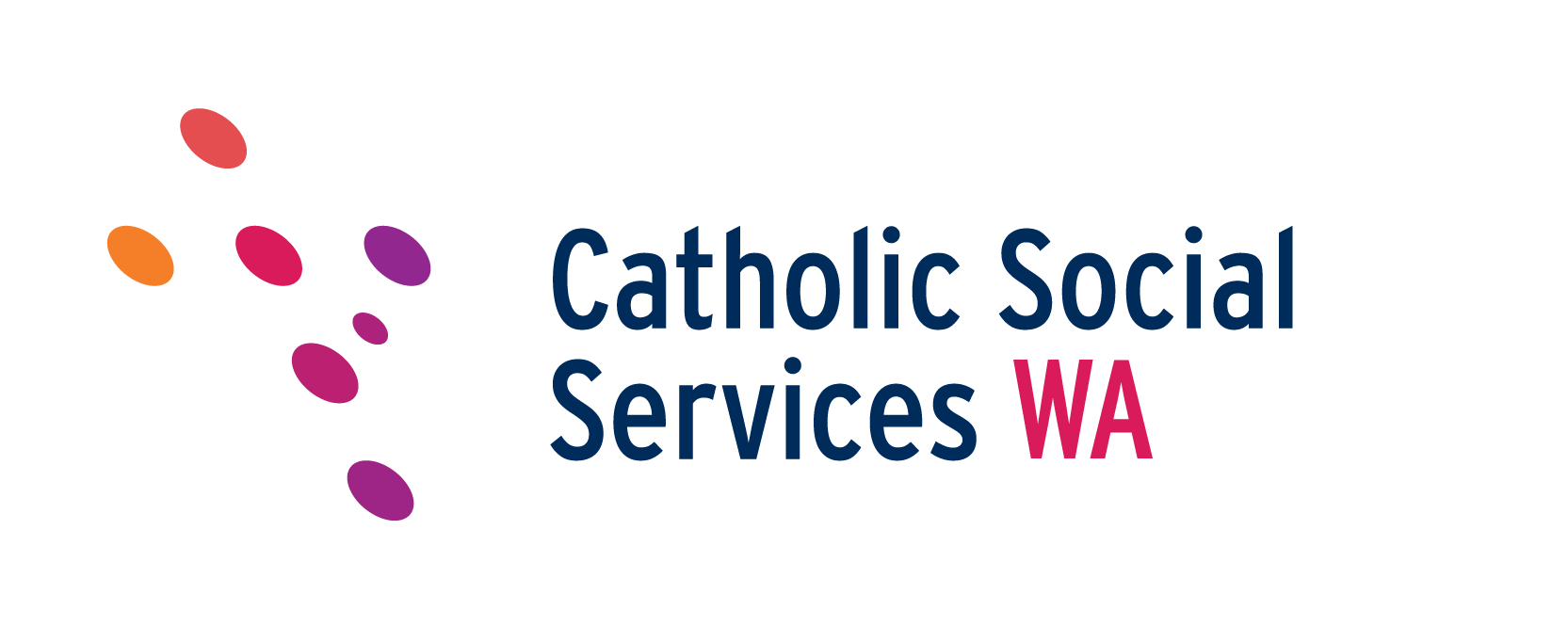- Catholic Social Services WA
- +61 8 9220 5950
- csswa@perthcatholic.org.au
‘Hundreds of thousands’ of Australians could be left without life insurance during coronavirus pandemic
By national consumer affairs reporter Liz Hobday
A leading insurance lawyer has warned hundreds of thousands of Australians are unaware they are about to lose life insurance policies linked to their superannuation, at a time they may need insurance more than ever.
Paul Watson from Berrill and Watson Lawyers said the new laws would likely leave hundreds of thousands of people facing the coronavirus pandemic without life or disability insurance.
“Ultimately we could have a really negative impact here if we have a scenario in which people, particularly people in significant numbers, become sick or die as a result of coronavirus,” he said.
“If that was to happen after 1 April 2020 and people have lost their insurance cover, that would be terrible.”
Approximately 12 million Australians hold insurance policies through their superannuation, but a Productivity Commission report last year found many people’s savings had been eroded by more than $50,000, due to duplicate or redundant policies.
The new laws were intended to stop fees and insurance premiums from eroding super balances over time — but in the face of coronavirus, they may end up removing an insurance safety net when it’s needed most.
Mr Watson said at a time like this, most people would not want their policies cancelled.
“We think it’s a real problem … most people would choose to keep their insurance cover in the current environment.”
No-frills default funds, such as MySuper accounts, have been required to provide a minimum level of insurance cover since 2005.
Unless low-balance account holders contact their superannuation fund to keep their life and disability insurance in place, these policies will be automatically cancelled on April 1.
Women most likely affected
Maurice Blackburn lawyer Josh Mennen said the changes would likely affect women more than men, as well as people who’ve had breaks from work, or have moved between jobs.
“It may be that it’s the more economically vulnerable among us who are going to be further exposed to COVID-19 by reason of losing their insurance,” he said.
He said the Federal Government should give super account holders more time to “opt in” to keep their insurance policies.
“I don’t think that now is an appropriate time to be stripping thousands of Australians with low [super] balances from their disability insurance, which they may well need in the coming months.”
The Federal Government said it was not about to change the cut-off date.
It says the holders of low-balance super accounts are most likely under 25, have several different accounts, or are not even aware that they have life or disability insurance policies that come with their super.
Last year’s Productivity Commission inquiry found about 10 million superannuation accounts were duplicate accounts that people had not intended to retain, or are not aware they held.
The inquiry found the unnecessary insurance premiums and fees associated with these duplicate accounts collectively eroded members’ balances by $2.6 billion a year.
What the experts are saying about coronavirus:
The Federal Government said policyholders had been given ample opportunity to keep their life insurance, because superannuation funds had been required to write to their customers repeatedly about the changes.
But Mr Watson said some policyholders may never have received that information, and would now only have days to contact their super funds.
“We would hate to see a situation in which people have been paying perfectly good insurance premiums but will now lose their insurance cover, because of something they are completely unaware of,” he said.
Emergency super withdrawals exempt
The Federal Government is allowing Australians in financial crisis to tap into their superannuation accounts over the next several months, to access up to $20,000 tax free.
“If your account is active and has been greater than $6,000 at any time after 1 November 2019, your insurance will not be switched off,” she tweeted.
“Of course, you need to leave enough to cover premiums.”
This article first appeared in abc.net.au
